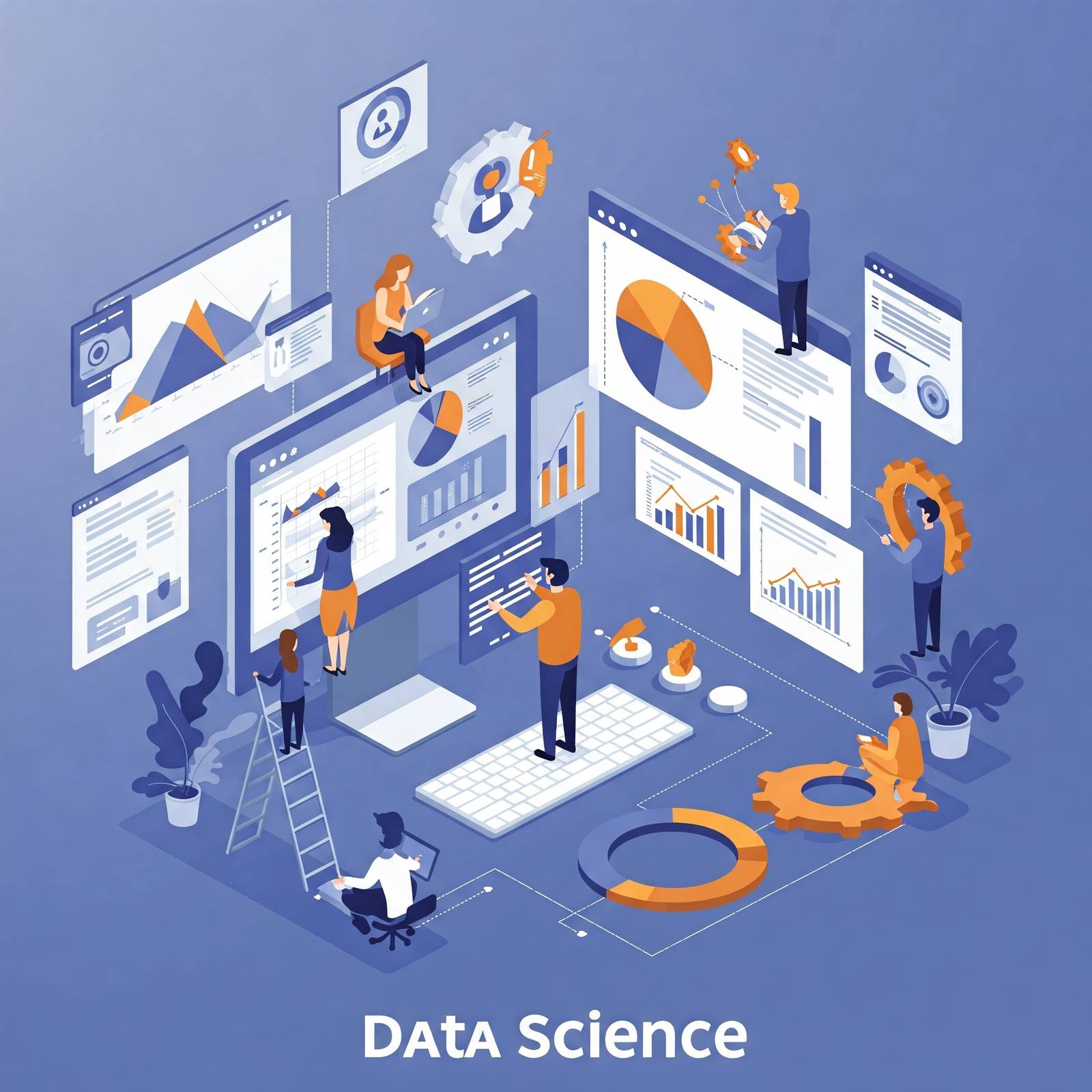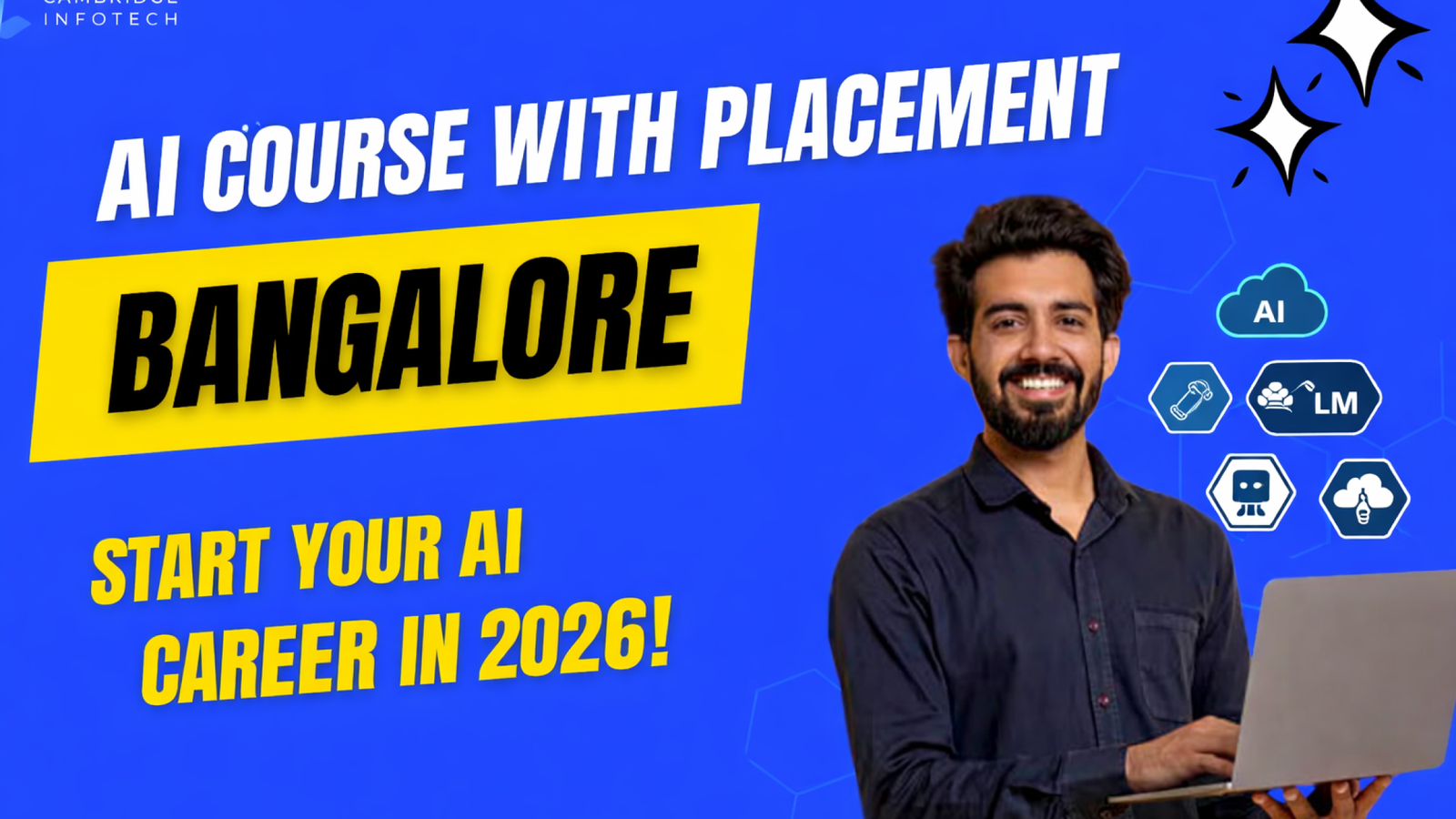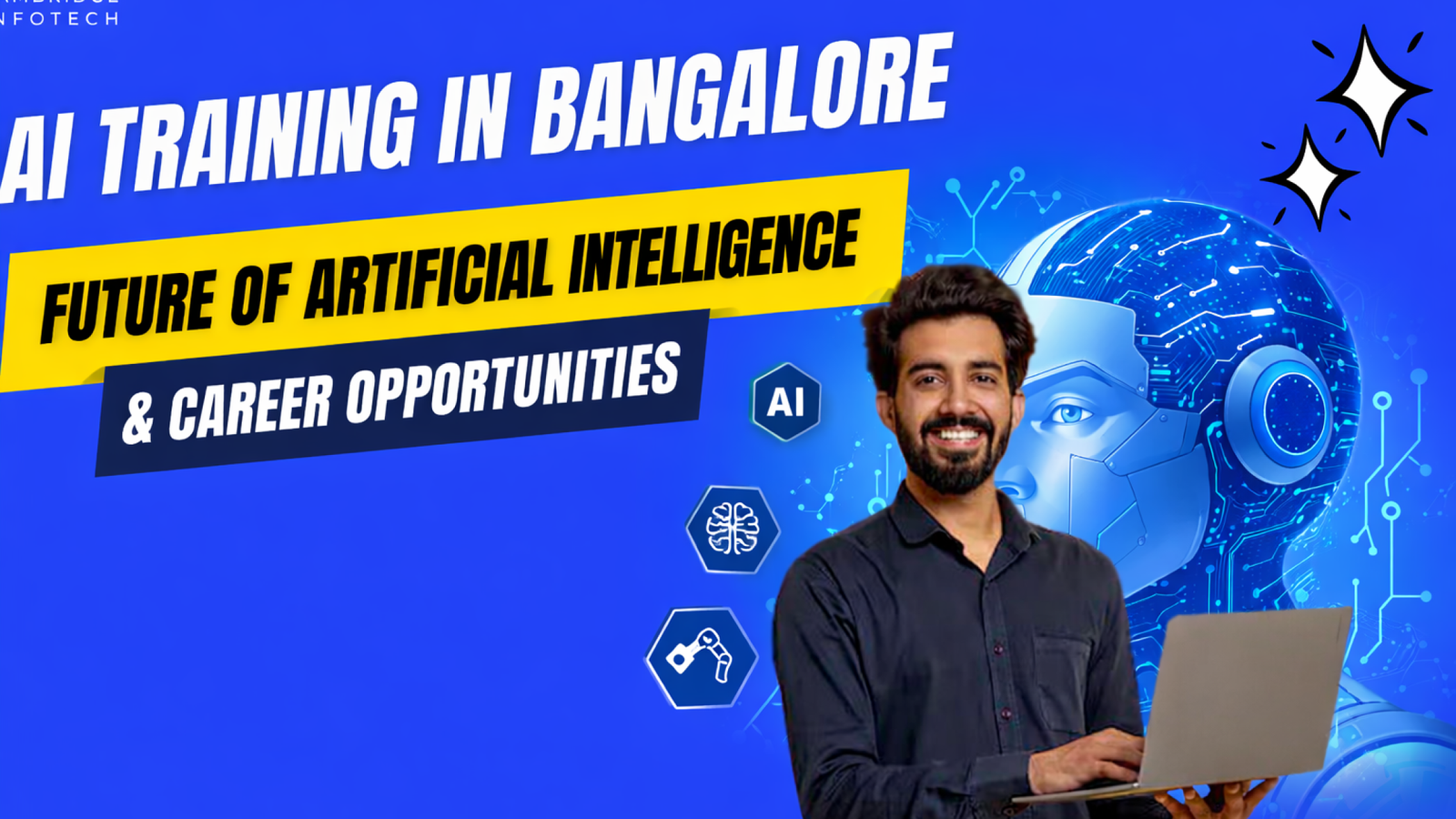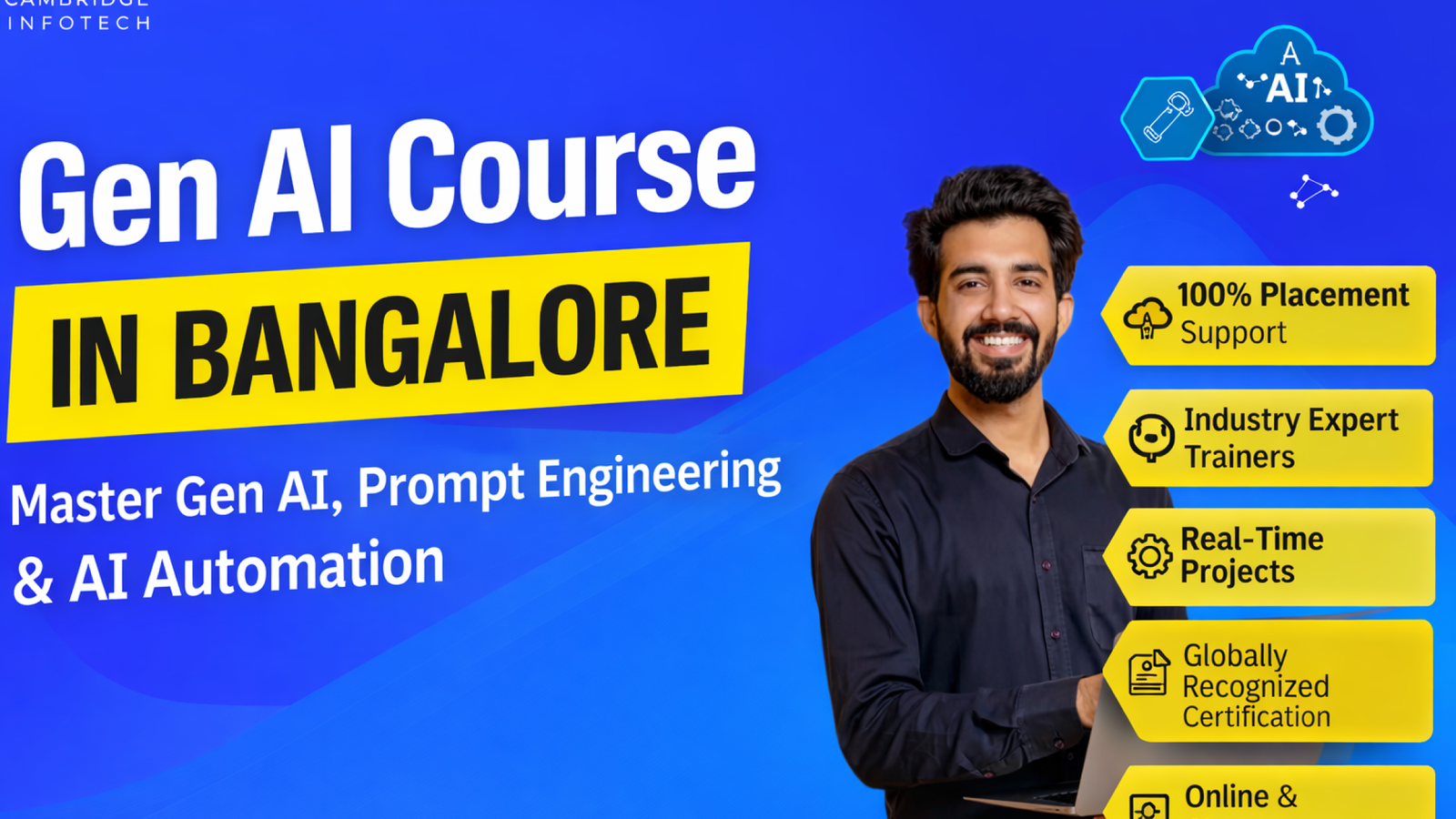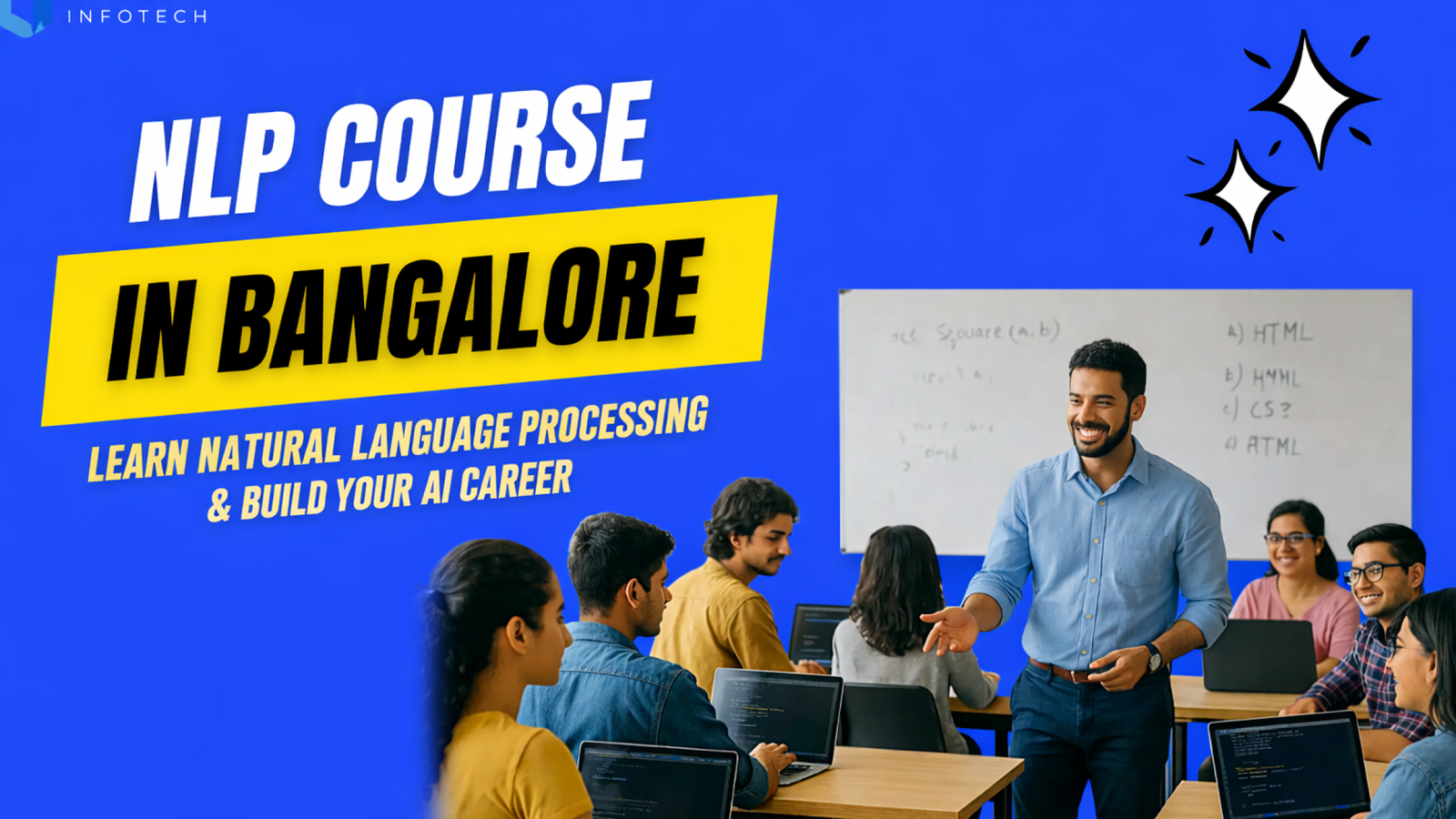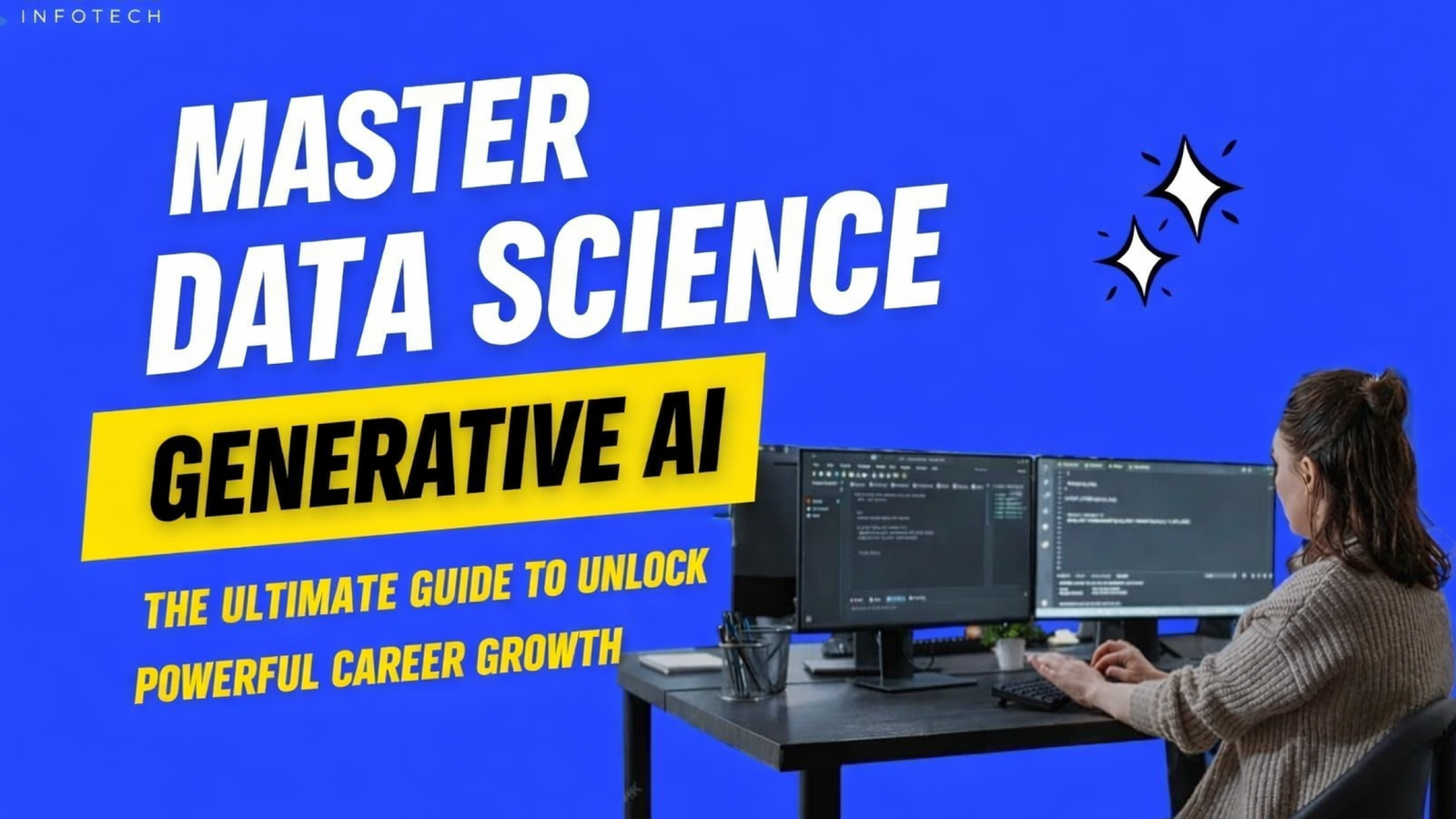Data Science and Artificial Intelligence: The Future of Learning and Career Growth at Cambridge Infotech
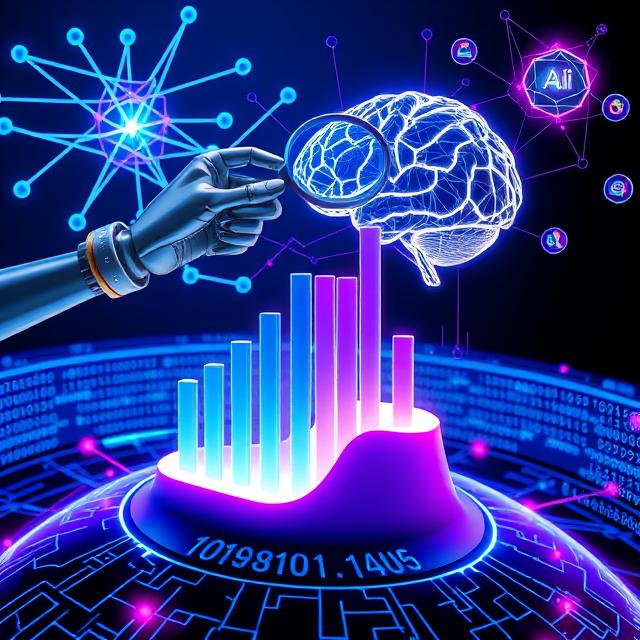
Achieve Mastery with Web Development Courses – 2025 : This artic Data Science and Artificial Intelligence: A Symbiotic Relationship
Data science and artificial intelligence (AI) are often used interchangeably, but they represent distinct yet interwoven fields. Data science provides the foundation upon which AI is built, while AI leverages the insights gleaned from data to create intelligent systems.
Data Science: Unearthing Insights from the Data Deluge
Data science is an interdisciplinary field that employs scientific methods, algorithms, and systems to extract knowledge and insights from structured and unstructured data. It’s about transforming raw data into actionable intelligence.
1. reintech.io
- Core Components
- Data Acquisition and Preparation: This involves collecting data from various sources, cleaning it, and transforming it into a usable format.
- Data Exploration and Analysis: This stage involves using statistical and visualization techniques to identify patterns, trends, and anomalies in the data.
- Statistical Modeling and Machine Learning: This involves building predictive models and algorithms to understand relationships and make predictions.
- Data Visualization and Communication: This involves presenting findings in a clear and concise manner to stakeholders.
- Key Skills:
- Programming (Python, R)
- Statistics and Mathematics
- Data Visualization
- Database Management
- Domain Expertise
- Applications:
- Business analytics: Optimizing marketing campaigns, predicting customer behavior.
- Healthcare: Developing personalized treatments, predicting disease outbreaks.
- Finance: Fraud detection, risk assessment.
- E-commerce: Recommender systems, price optimization.
Artificial Intelligence: Building Intelligent Systems
Artificial intelligence is the simulation of human intelligence processes by machines, especially computer systems. It aims to create systems that can reason, learn, and act autonomously.
- Core Subfields
- Machine Learning (ML): A subset of AI that enables systems to learn from data without explicit programming.
- Deep Learning (DL): A subfield of ML that uses artificial neural networks with multiple layers to learn complex patterns.
- Natural Language Processing (NLP): Enables computers to understand, interpret, and generate human language.
- CV)Computer Vision (: Enables computers to “see” and interpret images and videos.
- Robotics: Involves the design, construction, operation, and application of robots.
- Key Concepts:
- Algorithms: Sets of rules or instructions that computers follow.
- Neural Networks: Models inspired by the human brain that learn from data.
- Reinforcement Learning: Training agents to make decisions by rewarding desired behaviors.
- Applications:
- Autonomous vehicles: Self-driving cars.
- Virtual assistants: Siri, Alexa, Google Assistant.
- Image recognition: Identifying objects in images.
- Medical diagnosis: Assisting doctors in diagnosing diseases.
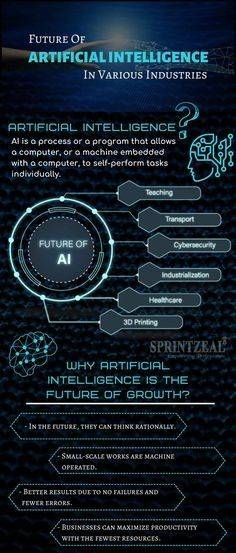
The Interplay: Data Science Fuels AI
The relationship between data science and AI is symbiotic. Data science provides the raw material (data) and the tools (algorithms) that AI systems need to learn and improve.
- Data as the Fuel: AI algorithms require vast amounts of data to train and achieve accurate results. Data scientists are responsible for collecting, cleaning, and preparing this data.
- Algorithms as the Engine: Data science provides the algorithms and models that AI systems use to learn from data. Machine learning and deep learning algorithms are essential components of AI.
- Insights as the Output: AI systems generate insights and predictions that can be used to make informed decisions. Data scientists play a crucial role in interpreting and communicating these insights.
- Example:
- In a medical diagnosis application, data scientists collect and analyze patient data (medical records, imaging scans, etc.).
- Machine learning algorithms are then trained on this data to identify patterns associated with specific diseases.
- The AI system can then assist doctors in diagnosing patients by providing insights and predictions based on the data.
Ethical Considerations and Future Trends
As AI and data science become more pervasive, it’s crucial to address ethical considerations, such as data privacy, algorithmic bias, and job displacement.
- Data Privacy: Ensuring that personal data is collected and used responsibly.
- Algorithmic Bias: Addressing biases in AI algorithms that can lead to unfair or discriminatory outcomes.
- Job Displacement: Preparing for the potential impact of AI on the workforce.
Future Trends:
- Explainable AI (XAI): Making AI systems more transparent and understandable.
- Federated Learning: Training AI models on decentralized data sources.
- AI for Social Good: Using AI to address social and environmental challenges.
- Generative AI: Creating new content, such as images, text, and music.
- Quantum Machine Learning: Utilizing quantum computers to accelerate machine learning algorithms.
In conclusion, data science and AI are transforming industries and shaping the future. By understanding their core principles and their symbiotic relationship, we can harness their power to create a more intelligent and equitable world.

Get The Details About:
Web Development Courses : Lets discuss web development courses for 2025 and how to choose the right one. It highlights the advantages of in-person training, such as direct interaction with instructors, immediate support, and structured learning. The article provides a step-by-step guide on defining learning goals, researching institutions, examining the curriculum (including frontend and backend development), assessing instructor expertise, and choosing a suitable format (full-time, part-time, or workshops). It also emphasizes considering costs, career support, and reading testimonials. Cambridge Infotech is presented as an option with a well-rounded curriculum, experienced trainers, project-based learning, career services, and flexible options. The article concludes by encouraging readers to start their journey in web development and provides external learning resources.
Comprehensive Web Developer Portfolio – 2025 – Cambridge : A web developer portfolio is essential for showcasing skills, proving experience, building credibility, and setting you apart in a competitive job market. Your portfolio should include 3-5 high-quality projects, with examples of frontend, backend, and full-stack development, as well as personal projects. The portfolio website should be simple, clean, responsive, and highlight key information such as an “About Me” section, project descriptions, and contact information. Each project should include a title, description, screenshots, a live demo link, and a link to the code repository. Cambridge Infotech offers web development courses that can help you build a standout portfolio.
Full Web Development Course : Full stack web development involves working on both the frontend (what users see) and the backend (server-side logic) of a web application. A full stack developer is proficient in frontend technologies 1 like HTML, CSS, JavaScript, and frameworks like React or Angular, as well as backend technologies like Node.js, Python, Ruby on Rails, or PHP, along with databases like MySQL or MongoDB. Cambridge Infotech offers a comprehensive, beginner-friendly Full Stack Web Development Course with expert-led training, hands-on projects, and career support. By the end of the course, participants will have a strong portfolio, be proficient in frontend and backend technologies, and be ready to land a job in the field.
Web Development Roadmap: Your Guide to Master [ 2025 ] : This article is a step-by-step guide for beginners on mastering web development in 2025. It emphasizes the increasing demand for web developers due to the growth of online businesses and emerging technologies like AI and IoT. The guide covers essential steps, starting with understanding the basics of front-end, back-end, and full-stack development and mastering core technologies like HTML, CSS, and JavaScript. It also advises exploring front-end frameworks such as React.js, Vue.js, and Angular, and diving into back-end development with Node.js and databases. The article further highlights the importance of learning DevOps and deployment, staying updated with emerging trends like AI-powered development and Progressive Web Apps, and building a strong portfolio and network. It also suggests enrolling in structured courses, like those offered at Cambridge Infotech, for faster progress and career support.
Data Science Jobs: Insights and Opportunities : Data science jobs are among the most sought-after roles in today’s tech-driven world. These positions involve analyzing complex datasets to uncover patterns, trends, and insights that help organizations make data-driven decisions. Data scientists use a combination of programming, statistical analysis, machine learning, and domain expertise to solve real-world problems. Industries such as finance, healthcare, retail, and technology heavily rely on data science for tasks like predictive modeling, customer segmentation, and process optimization. With the growing demand for data-driven strategies, data science professionals enjoy competitive salaries, diverse career opportunities, and the chance to work on cutting-edge innovations. Skills in Python, R, SQL, and data visualization tools like Tableau are often essential for success in this field.
Web Developer Jobs : Are you passionate about web development and looking for exciting opportunities to grow your career? Cambridge Infotech offers a range of web developer jobs that cater to both seasoned professionals and aspiring developers. With a focus on innovation and cutting-edge technology, Cambridge Infotech provides a dynamic work environment where creativity and technical expertise thrive. Whether you specialize in front-end, back-end, or full-stack development, their job openings are designed to help you take the next step in your career. Explore their opportunities today and join a team that values talent and innovation. Learn more at Cambridge Infotech’s Web Developer Jobs.
Freelance Web Developer : Looking for a skilled freelance web developer to bring your digital vision to life? Cambridge Infotech offers expert freelance web development services tailored to your unique needs. Whether you’re building a new website, optimizing an existing one, or integrating advanced features, their team ensures a seamless and professional experience. With a focus on innovation, quality, and client satisfaction, Cambridge Infotech is your go-to partner for creating dynamic and user-friendly web solutions. Explore their services today and take the first step toward transforming your online presence!

